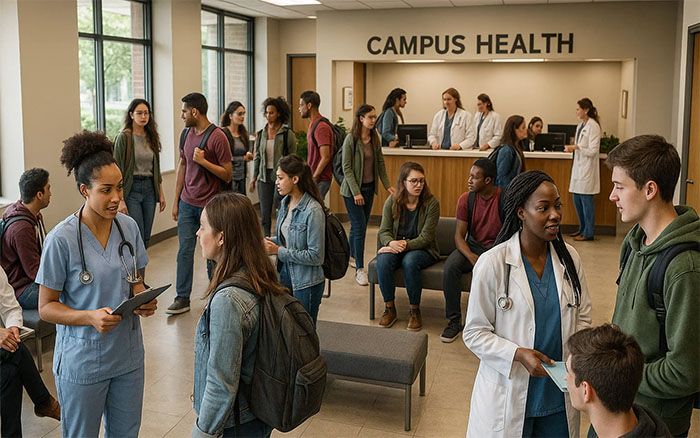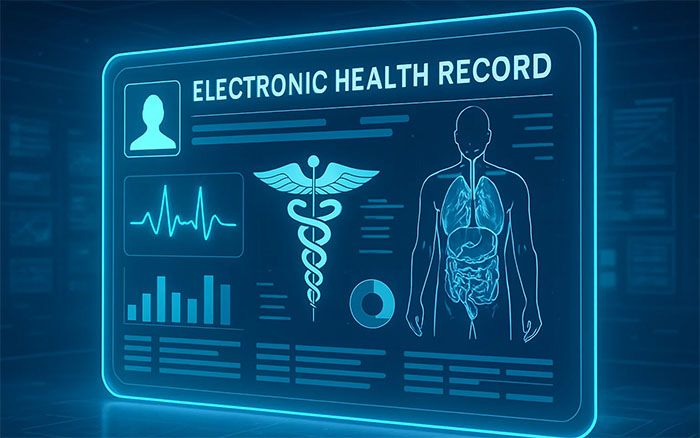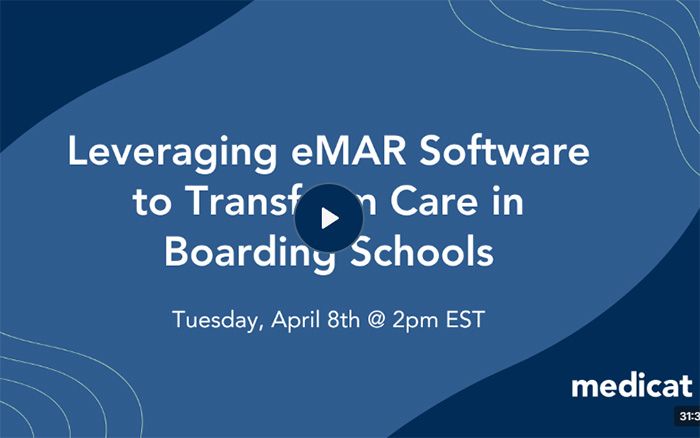Developing a Multifaceted Approach to Supporting Students with Eating Disorders
Approximately 9% of people in the United States are estimated to experience an eating disorder at some point in their life. Given this prevalence, addressing eating disorders among college students requires a multifaceted approach, involving collaboration between various departments within your institution. Let’s explore strategies and initiatives aimed at providing comprehensive assistance to students with eating disorders, recognizing the importance of early identification and establishing clear referral pathways for effective intervention and support.
Recognizing the Signs and Symptoms in College Settings
Early identification of eating disorders is crucial for effective intervention and support. Training programs can be implemented to provide staff with the knowledge and skills necessary to identify warning signs and initiate appropriate interventions. These programs should also emphasize the importance of creating a supportive and non-judgmental environment where students feel comfortable seeking help.
In addition to staff training programs, colleges can establish screening mechanisms to proactively identify students at risk of developing eating disorders. These screenings can be integrated into health assessments or conducted through anonymous surveys to encourage honest responses.
Implementing a Holistic Support System for Students
A holistic support system encompasses various components that cater to the physical, emotional, and psychological well-being of students with eating disorders. This includes combining the expertise of nutritionists, counselors, and medical professionals who specialize in eating disorders.
Student support groups focused on eating disorders can also be helpful. These groups foster a sense of community and provide opportunities for peer support. Moreover, they offer a safe space for students to share their experiences, gain insights from each other, and develop coping strategies.
In addition to individual counseling services, group therapy sessions can be organized to address common challenges faced by students with eating disorders. These sessions can focus on building self-esteem, improving body image, and developing healthy relationships with food.
Furthermore, incorporating mindfulness practices such as yoga and meditation into the support system can help students manage stress and cultivate a positive relationship with their bodies. These practices promote self-awareness and can encourage students to redirect negative thoughts about themselves and their body image.
Learn more about how you can bring holistic wellness to your college here.
Creating Clear Referral Pathways
An essential part of a multifaceted approach is the establishment of clear referral pathways to external resources and treatment facilities. If colleges don’t have staff who specialize in eating disorder treatment, they should ensure they have external resources that they can connect students with. Clear referral pathways facilitate a seamless transition from internal support systems to external treatment and provide students with ongoing support throughout their recovery journey.
Additionally, colleges can create comprehensive resource guides that outline available external resources, treatment options, and support groups. These guides can be distributed to students, staff, and faculty to increase awareness and facilitate referrals when necessary. Taking these steps can help colleges ensure that students receive timely and appropriate care, ultimately promoting their well-being and academic success.
Key Takeaways
Developing a multifaceted approach is crucial for supporting students with eating disorders in educational settings. By employing the strategies mentioned above, colleges can provide comprehensive support for students with eating disorders and contribute to helping them lead happy, healthy lives.
Empower your college to make a positive impact on students’ well-being. Learn more about leveraging our counseling EHR solution to support your clinic and students.

















